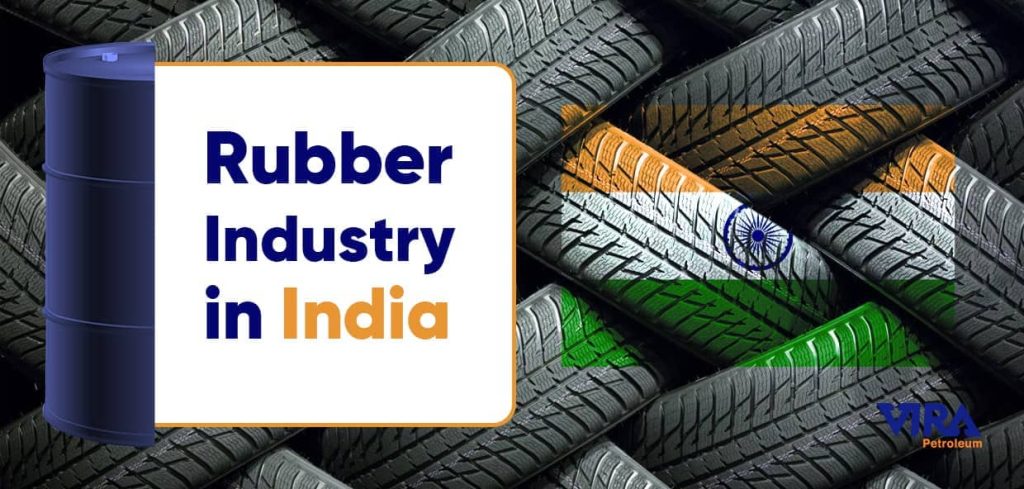India is one of the biggest producers and consumers of rubber in the world, and also one of the most important importers of rubber from different countries of the world including Iran.
If you are interested in knowing more about the rubber industry in India, and one of the leading Iranian companies exporting rubber to India, we highly recommend you to read this very useful article about the rubber industry in India.
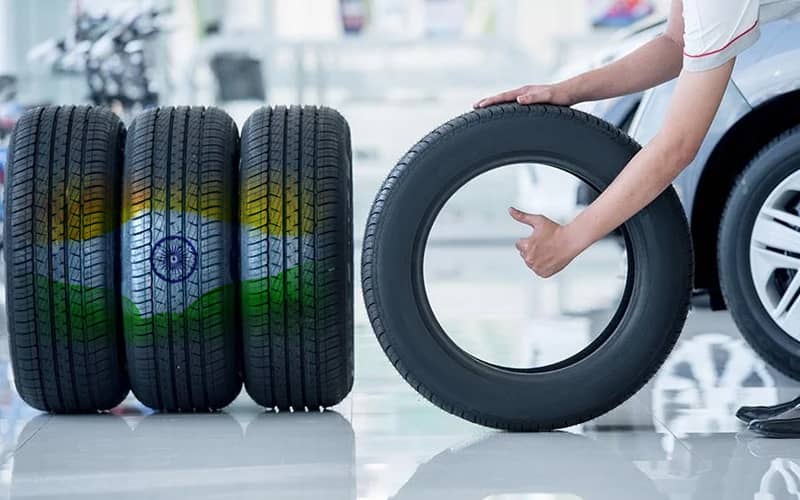
Introducing India
India is one of the most populous and important countries of the world located in south Asia.
- India is the second most populous country in the world after China
- India is the seventh-largest country in the world
- India is one of the biggest economies in the world, this country is the fifth biggest world economy with a GDP of over $3.5T, and a GDP per capita of around $3k
- India is growing very fast and short, this country will be among the top three economies of the world
India is among the top three largest producers and consumers of the rubber industry in the world, and this industry is playing a major role in its rapid economic growth of India.
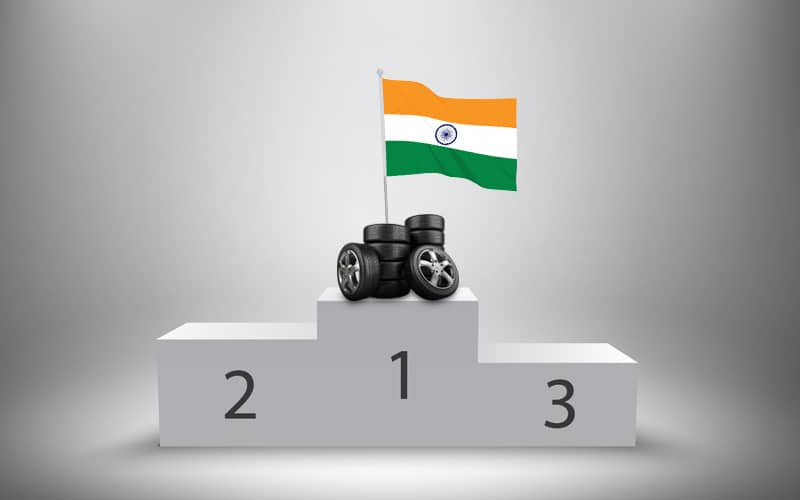
Rubber Industry Condition in India
The rubber industry in India is growing as the economy is growing and demand for rubber is surging.
- Currently, the production of rubber in India is 8,50,000 tonnes annually and this number is growing rapidly
- The demand for rubber in India is 12,90,000 tonnes per year and this number is growing rapidly, this means India needs to import at least 4,40,000 rubber from across the world, and this import will increase in the future as the gap between production and consumption is expanding
- For 2021-2022, India imported 5,46,369 tonnes of rubber and this number is forecasted to increase year over year
- The major demand for rubber in India is coming from the industry, as the population is growing and incomes are increasing, demand for cars and tires will keep rising in India
A Brief Overview of Indonesia’s Rubber Industry
Growth and Significance of India’s Rubber Industry
The growth and significance of India’s rubber industry have been remarkable, positioning the country as a major player in the global market. The industry plays a pivotal role in India’s economic development, contributing to employment generation, export revenue, and domestic consumption.
Role in the Indian Economy
The rubber industry in India plays a crucial role in the country’s economy, contributing to its growth and development. The industry serves as a key driver of employment generation, providing livelihoods for millions of individuals across various stages of the rubber value chain. From rubber cultivation to processing and manufacturing, the industry offers employment opportunities in both rural and urban areas. The growth of the rubber industry also stimulates the ancillary sectors, such as logistics, transportation, and manufacturing of rubber-based products, further boosting economic activity.
Additionally, the rubber industry contributes significantly to India’s GDP and foreign exchange earnings through export revenue. The demand for rubber products in both domestic and international markets fuels the industry’s growth and expansion. Rubber products find applications in diverse sectors such as automotive, construction, healthcare, and consumer goods. As India’s economy continues to evolve and diversify, the role of the rubber industry becomes even more critical in supporting industrialization, infrastructure development, and technological advancements.
Production and Export Statistics
India has established itself as a leading producer of rubber globally, with impressive production statistics. The country’s natural rubber cultivation, primarily concentrated in states like Kerala, Tamil Nadu, and Karnataka, has contributed to its production capacity. The favorable agro-climatic conditions in these regions, along with the expertise of farmers and advancements in cultivation techniques, have propelled India’s rubber production.
In terms of export, India has witnessed steady growth in the export of rubber and rubber products. The country exports a wide range of rubber items, including raw rubber, tires, tubes, latex, and rubber-based components. The export statistics reflect the competitiveness and quality of India’s rubber industry in global markets. Major export destinations for Indian rubber products include the United States, Germany, China, Brazil, and several other countries.
Import Trends and Forecasts
While India is a leading producer of rubber, it also imports specific rubber variants to meet industry requirements. The import trends in the rubber industry indicate the demand for specialized rubber types and products that may not be readily available domestically. India imports synthetic rubber, among other rubber variants, to cater to the needs of sectors such as automotive manufacturing, healthcare, and industrial applications. The import trends are influenced by factors such as technological advancements, changing consumer preferences, and the need for high-performance rubber materials.
Looking ahead, the import forecasts for India’s rubber industry suggest continued growth in specific rubber imports. As industries evolve and demand for specialized rubber products increases, the country is likely to rely on imports to bridge the supply-demand gap. However, the domestic rubber industry also strives to enhance its production capacity and capabilities to reduce import dependence and foster self-sufficiency.
Challenges and Opportunities in India’s Rubber Industry
The rubber industry in India faces a range of challenges and opportunities that shape its growth and development. One of the significant challenges is sustainability and environmental concerns.
Sustainability and Environmental Concerns
The rubber industry in India faces sustainability and environmental challenges that need to be addressed for long-term growth and viability. Rubber cultivation requires extensive land use, water resources, and energy consumption, which can have adverse environmental impacts if not managed properly. One of the key challenges is the responsible use of land and water resources to minimize deforestation and ensure efficient water management. Implementing sustainable agricultural practices, such as rainwater harvesting and efficient irrigation techniques, can help conserve resources and reduce the ecological footprint of rubber cultivation.
Another aspect of sustainability in the rubber industry is the responsible disposal of waste and by-products. Rubber processing generates waste materials, such as used tires and rubber scraps, which can pose environmental hazards if not managed effectively. Promoting recycling and proper disposal methods, along with exploring innovative ways to repurpose rubber waste, can contribute to a circular economy approach and reduce environmental impact.
Technological Advancements and Innovation
Technological advancements and innovation offer significant opportunities for India’s rubber industry to enhance productivity, product quality, and market competitiveness. Embracing advanced manufacturing technologies, such as automation, robotics, and data analytics, can improve efficiency in rubber processing and manufacturing. Automation can streamline operations, reduce costs, and improve consistency in product quality. Additionally, implementing digital technologies and adopting Industry 4.0 concepts can enable real-time monitoring, predictive maintenance, and better supply chain management.
Innovation in rubber processing techniques and product development also presents opportunities for India’s rubber industry. Research and development efforts can focus on developing new rubber compounds with improved properties, such as durability, flexibility, and eco-friendliness. Exploring alternative rubber sources, such as bio-based or recycled rubber, can contribute to sustainable practices and meet the growing demand for environmentally friendly rubber products. Collaboration between industry players, research institutions, and government bodies is essential to foster innovation, share knowledge, and drive technological advancements in the rubber industry.
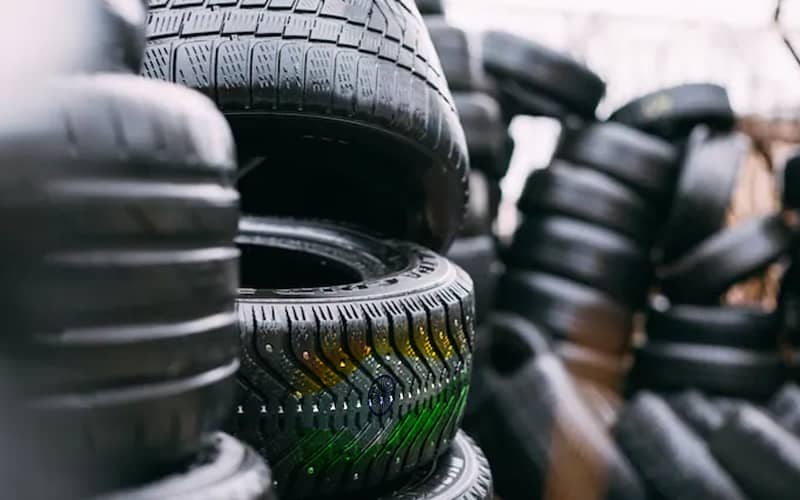
The Biggest Rubber Manufacturers in India
There are many states and companies manufacturing rubber across India.
The biggest states producing rubber in India are:
- Kerala
- Tamil Nadu
- Tripura:
- Assam
- Meghalaya
- Nagaland
- Manipur
- Mizoram
- Arunachal Pradesh
These companies are leaders in rubber manufacturing in India, these are:
- Apcotex Industries
- GRP
- Somi Conveyor Beltings Ltd
- JK Tyres & Industries
- Elgi Rubber Company Ltd
- Tube Investment of India Ltd
- MRF Ltd
- Apollo Tyres
- CEAT Ltd
- Balkrishna Industries Ltd
Types of Rubber Cultivation in India
A. Natural Rubber
Natural rubber cultivation forms the backbone of India’s rubber industry. The country’s favorable climatic conditions and skilled workforce contribute to the production of high-quality natural rubber.
B. Synthetic Rubber
Synthetic rubber production is gaining momentum in India, driven by the demand for specialized rubber variants. The country’s synthetic rubber industry caters to diverse sectors, including automotive, aerospace, and healthcare.
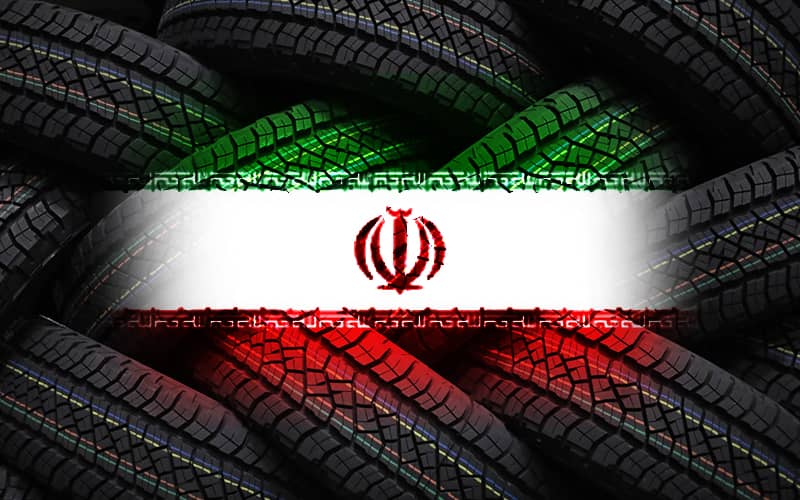
Iran, A Leading Rubber Exporter to India
India is one of the biggest manufacturers and consumers of the rubber industry in the world.
As we said, India is importing 5M tonnes of rubber annually, and Iran is one of the main countries that India imports rubber from it.
- Iran is one of the main manufacturers of oil and rubber in the region
- There are many cities and companies that are producing rubber in Iran
Iran’s advantages for importing India are as follows:
- Offering rubber in top quality
- Diversified companies for supplying rubber
- Iran is near India and transportation can be done as fast as possible
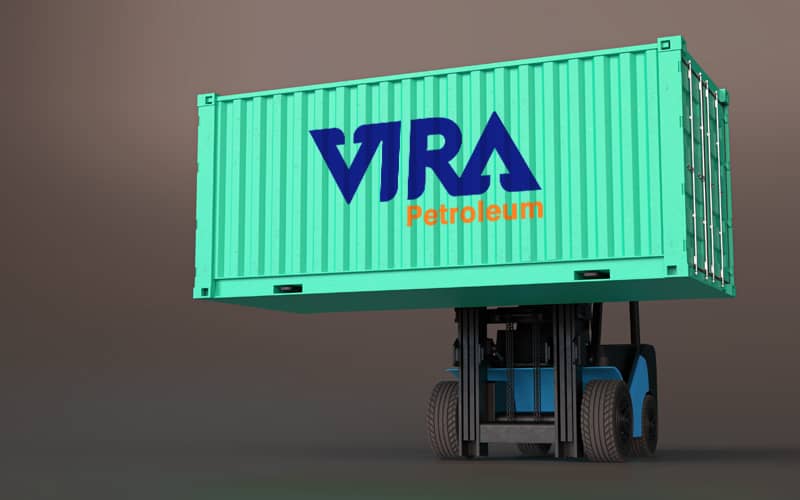
Introducing Vira Petroleum
Vira Petroleum is one of the leading Iranian companies manufacturing and supplying rubber and oil-related products for different companies around the world.
- We are offering the highest quality products and services
- Our state-of-the-art supply chain management system let us provide you with rubber in a very short period
- You can supply all your rubber needs in India with the most competitive prices in the market from Vira Petroleum
The Bottom Line
India is one of the most important growing countries in the world, this country will be among the top three economies of the world in the future.
If you need a consultation about sourcing rubber and want to place your order, please contact us using the different contact methods mentioned on the Vira Petroleum website.
The rubber industry in India is thriving, with the country being a leading producer of rubber globally. It contributes significantly to the Indian economy and caters to diverse sectors.
Kerala, Tamil Nadu, Karnataka, and the northeastern states of India are key regions known for their rubber plantations.
The rubber industry in India faces challenges related to sustainability, environmental concerns, and the adoption of advanced technologies. However, these challenges also present opportunities for growth and innovation.
Some notable players in India’s rubber industry include Reliance Industries Limited, Apollo Tyres Ltd, and CEAT Ltd.
The future of India’s rubber industry looks promising, with growing domestic consumption, market expansion, and diversification into emerging sectors such as green technology and electric vehicles.
